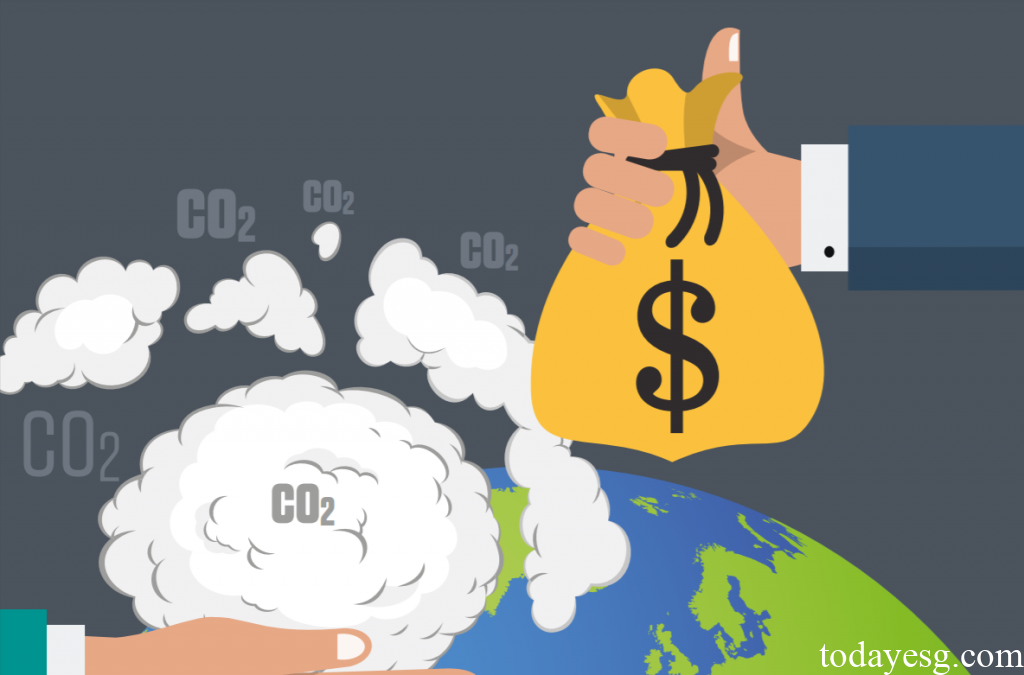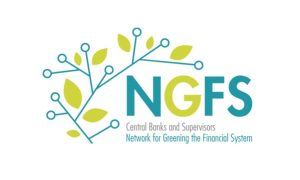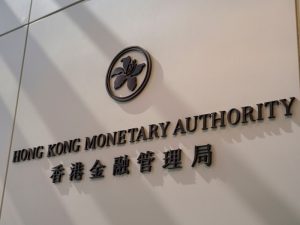WEF Voluntary Carbon Market Report
The World Economic Forum (WEF) released a report on the Voluntary Carbon Market (VCM) to analysis of the current factors affecting the development of the market, and put forward suggestions for carbon emission enterprises to participate.
The voluntary carbon market refers to the market formed and participated in by enterprises on their own initiative. It is different from the traditional mandatory carbon market. The carbon trading objectives of enterprises are not subject to compliance restrictions of environmental policies, but they choose to reduce carbon emissions. The goal of the voluntary carbon market is consistent with the global climate plan, that is, to reduce global greenhouse gas emissions by 43% by 2030 and to increase global temperature by 1.5 degrees Celsius by 2050.
At present, the global VCM is developing very rapidly. The report believes that the market will provide 2.6 billion tons of carbon trading quota annually in 2030, 13 times of 2021. In 2022, global VCM has attracted 1.2 billion dollars of investment.
Problems in the current development of VCM
According to the report, there are two factors affecting the development of VCM at present:
- The transaction quality and credibility of VCM are not enough: due to the lack of clear regulation of VCM, which relies on enterprises’ independent activities, the transaction quality of the current market is difficult to compare with the mandatory carbon market. In addition, as an over-the-counter market, the credibility of carbon trading also needs the certification of institutions to improve the trading scale of the market. For example, the Integrity Council for the Voluntary Carbon Market can enhance credit for VCM.
- Under the influence of many factors, enterprises are not active in participating in VCM: according to WEF statistics, although more than 90% of enterprises have formulated climate action plans, only 25% of enterprises are willing to pay a certain amount of costs to achieve emission reduction goals. In the survey, more than 50% believed that the transparency of the current market and the rules were not perfect. 40% worry that participating in VCM will bring reputation risk to them;
The transparency and credibility of the market is an important part that needs to be changed, both from the mechanism of VCM and from the actual activities of enterprises.

Five Suggestions for VCM Development
WEF believes that changes can be made in the following five aspects for VCM:
- Enterprises should formulate scientific emission reduction plans to improve the demand of the market: on the basis of compliance with emission reduction, enterprises should re-examine the emission reduction plan and voluntarily participate in carbon trading to supplement the formal emission reduction;
- Management takes carbon trading as the core of the decarbonization plan: the enterprise management needs to recognize the urgency of protecting natural resources, and combine the objectives of carbon emission reduction and biodiversity conservation to carry out more active emission reduction actions;
- Third party institutions establish VCM standards to improve market credibility: voluntary carbon market integrity committee and other institutions need to establish global carbon market standards to reduce the burden of enterprises;
- Regulators should strengthen the disclosure criteria of carbon trading and improve market transparency: in addition to the requirements of the mandatory carbon market, regulators can provide guidance for VCM’s participation activities, such as providing relevant disclosure criteria, and disclosing the relevant elements of carbon trading;
- The industry needs to establish new evaluation standards and encourage enterprises to take direct actions: industries need to establish new evaluation systems for sustainable development and carbon emission reduction, so that enterprises can gain a leading position in climate change;
Reference:
The Voluntary Carbon Market: Climate Finance at an Inflection Point | World Economic Forum





